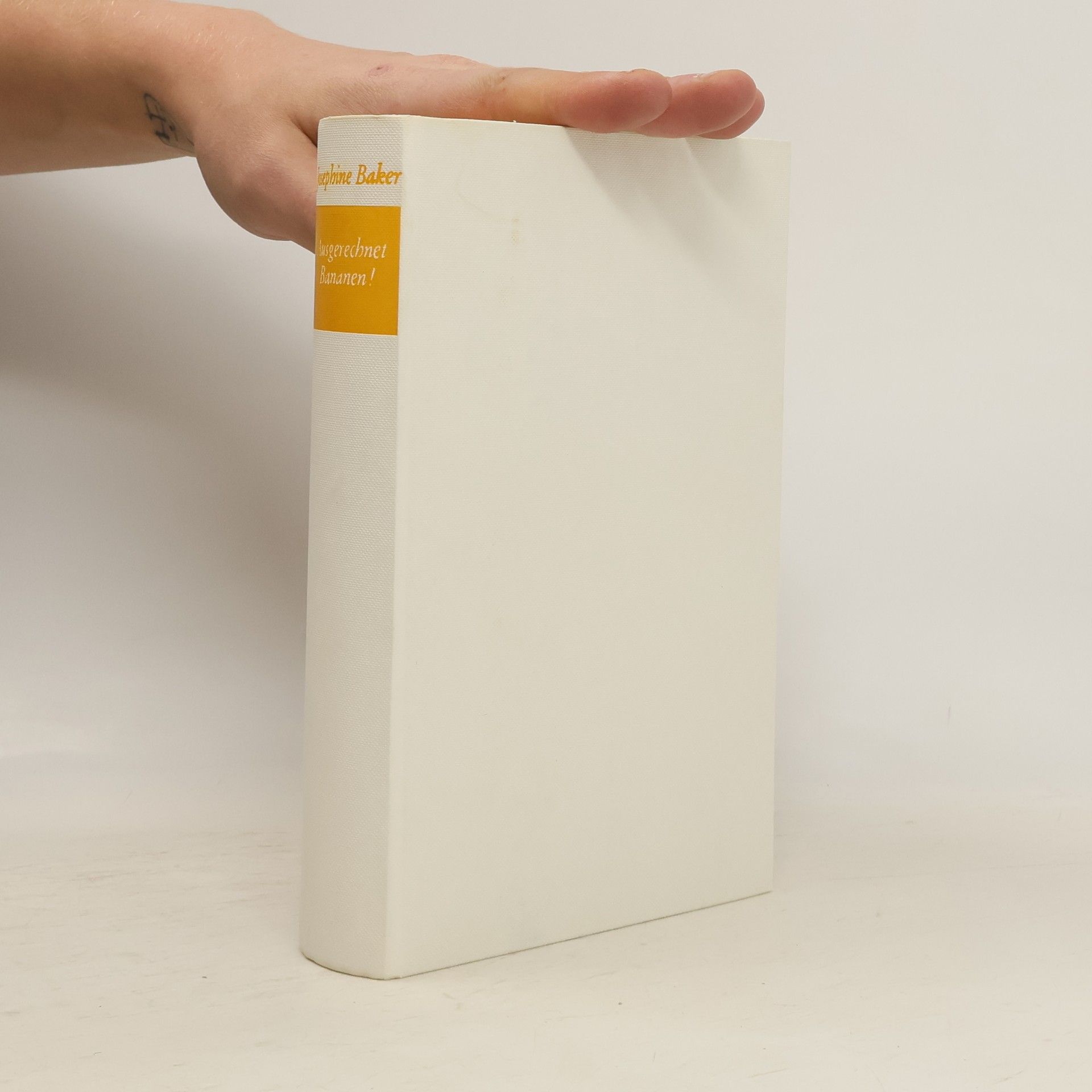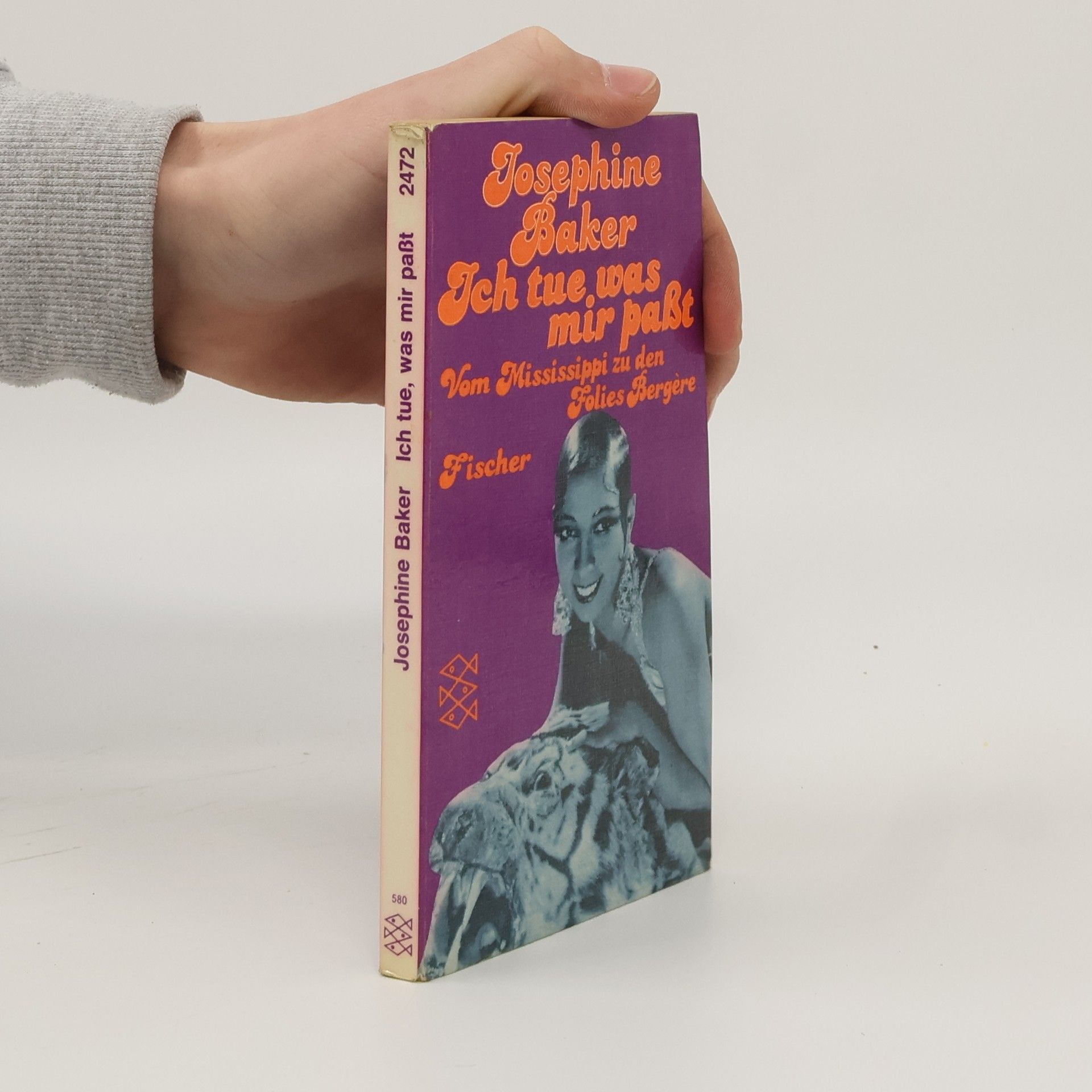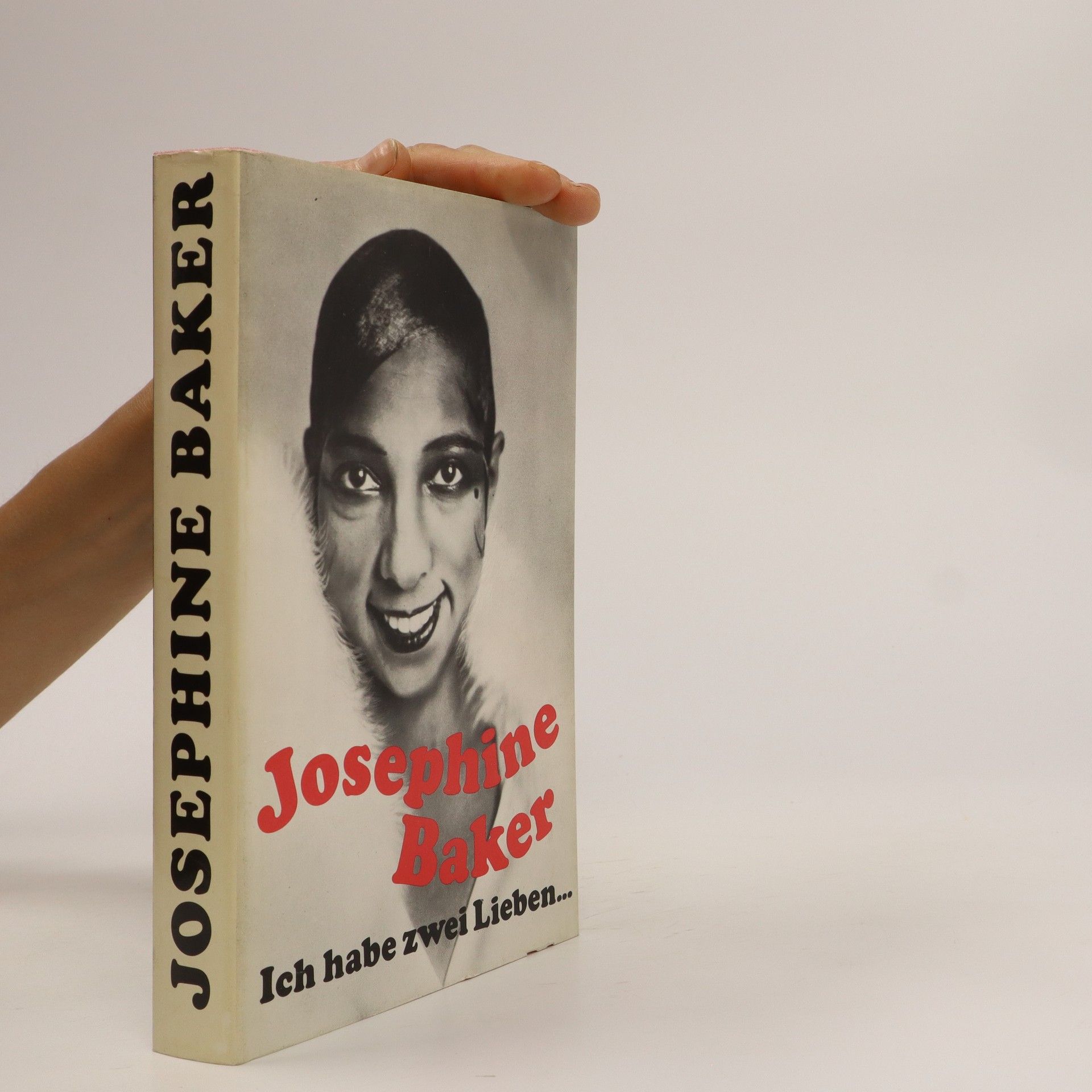Josephine Baker Bücher







Josephine Baker (1906-1975) escaped segregation and racist violence by moving to Paris in 1925, where she became a renowned dancer, singer, and actress. Beyond her artistic achievements, Baker was a tireless advocate for equality across race, gender, and class. In recognition of her contributions, she was inducted into the Pantheon in 2021, becoming the sixth and first non-white woman honored there. The exhibition "Freedom—Equality—Humanity" at the Bundeskunsthalle Bonn explores the foundations of Baker's success and her ability to transform the stigma of her skin color into a source of strength, using her fame to empower others. The accompanying catalogue features essays by Annette Dorgerloh, Mona Horncastle, Yao Modzinou, Brygida Ochaim, Tracy Denean Sharpley-Whiting, and Barbara Tannenbaum, which delve into Baker's legacy, her role as a freedom fighter, and her impact on the LGBTQ+ community. Additionally, it contextualizes her work within dance history and illustrates 1920s and 1930s Paris as a progressive, cosmopolitan hub that empowered (African-American) women and served as a creative epicenter in Europe.
Ich tue, was mir passt
- 141 Seiten
- 5 Lesestunden
The memoir presents Josephine Baker's captivating journey from her humble beginnings in Missouri to becoming a celebrated performer in 1920s Paris. Known for her charm and beauty, she mingled with cultural icons and made headlines with her unique lifestyle, including walking a pet cheetah. Beyond her entertainment career, Baker served as a spy for the French resistance during WWII and became an advocate for civil rights, notably speaking alongside Martin Luther King at the March on Washington. This engaging narrative, based on extensive conversations with journalist Marcel Sauvage, reveals her vibrant personality and legacy.
Paměti. Vzpomínky legendární tanečnice
- 311 Seiten
- 11 Lesestunden
Vzpomínky legendární tanečnice.Když se neznámá mladičká Američanka Josephine Bakerová objevila roku 1926 v Champs-Élysées, zapůsobila na Paříž jako naprosté zjevení. Francouzský novinář a spisovatel Marcel Sauvage byl u toho a na základě jeho rozhovorů, které v průběhu let s legendární tanečnicí pravidelně vedl, vznikla tato kniha autentických vzpomínek. Konečná podoba citlivé, laskavé a zároveň poetické stylizace střípků spontánního vyprávění vykresluje Bakerovou jako umělkyni i člověka s až neuvěřitelně velkým srdcem.

